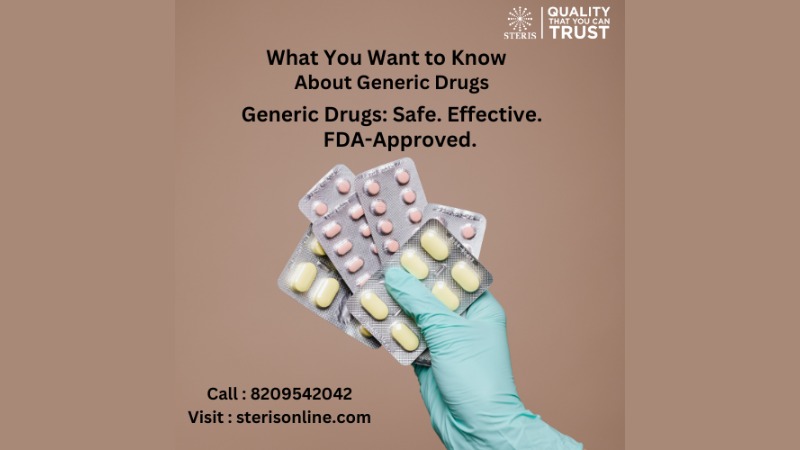generic drugs
Jun 13, 2023
Generic medicine refers to a medication that contains the same active ingredient(s) as a brand-name drug, but is usually sold under its chemical name rather than a brand name. It is typically produced and marketed after the patent protection of the brand-name drug expires.
Equivalence: Generic medicines are required to be bioequivalent to the brand-name drugs, meaning they have the same safety, efficacy, dosage form, strength, route of administration, and intended use. They must meet the same strict standards set by regulatory authorities.
Cost Savings: One of the main advantages of generic medicine is that it is often less expensive than brand-name drugs. Since generic manufacturers don't have to spend money on research, development, and marketing, they can offer their products at a lower price.
Safety and Quality: Generic medicines undergo rigorous testing to ensure they meet the same quality, safety, and efficacy standards as the brand-name drugs. Regulatory authorities, such as the Food and Drug Administration (FDA) in the United States, oversee the approval and monitoring of generic medications.
Availability: Generic medicines play a crucial role in improving access to affordable healthcare, especially in developing countries. They are widely available and prescribed by healthcare professionals as a cost-effective alternative to brand-name drugs.
For further info please contact : contact@sterispharma.com
Call : 6377716668 / 8955945010
Visit : sterisonline.com
Recent Post
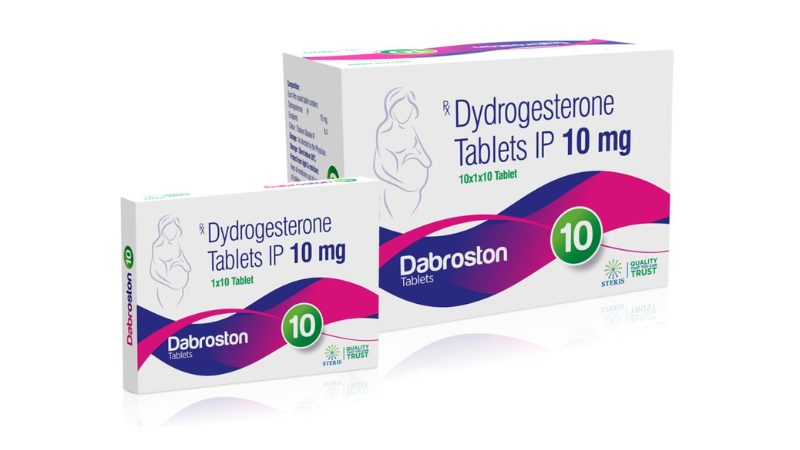
Dydrogesterone 10 mg in DABROSTON 10: A Key Treatment for Menstrual Irregularities and Pregnancy Support
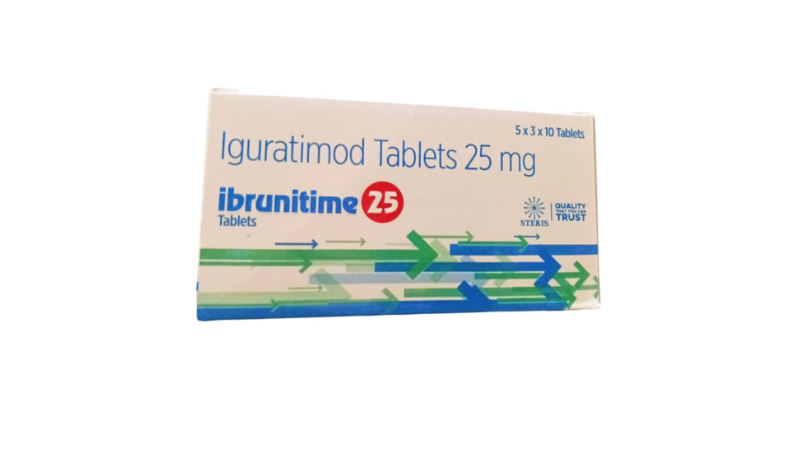
Iguratimod 25 mg – IBRUNITIME 25: Effective Solution for Rheumatoid Arthritis and Joint Inflammation
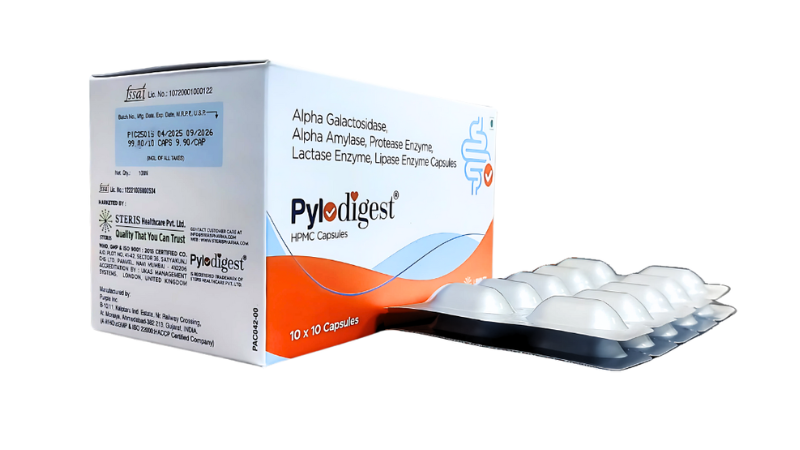
Alpha Galactosidase, Lipase, Alpha Amylase, Protease and Lactase Capsules.
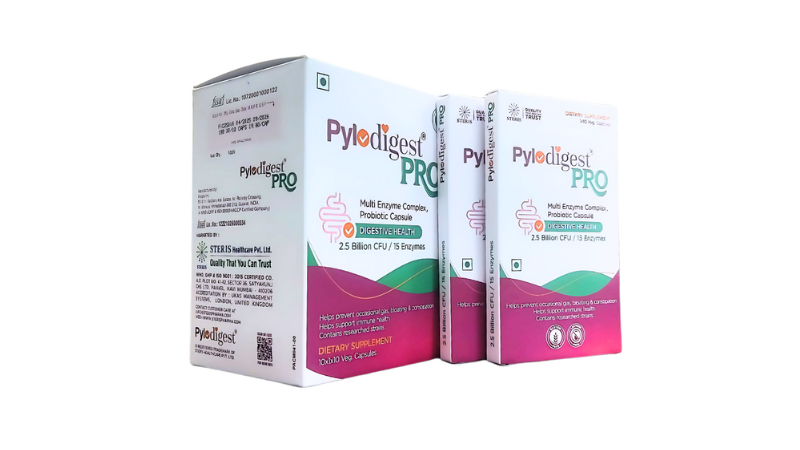
Multi Enzyme Complex Probiotic Capsule: PYLODIGEST PRO
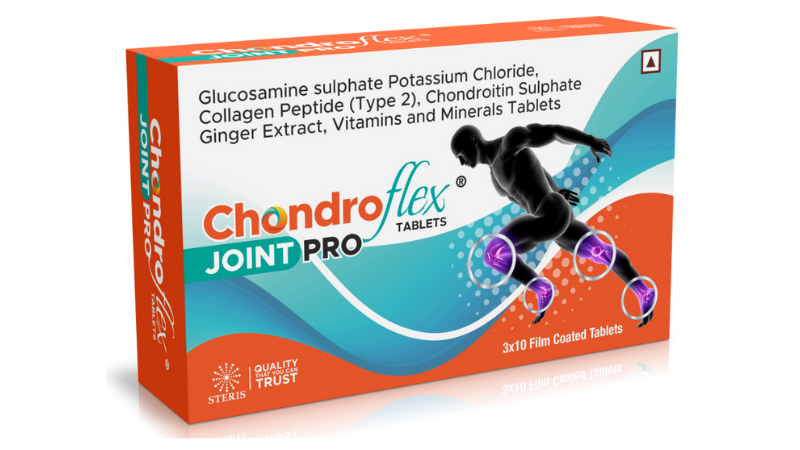
Calcium Citrate Malate Vitamin D3 Relief: Chondroflex Joint Pro.
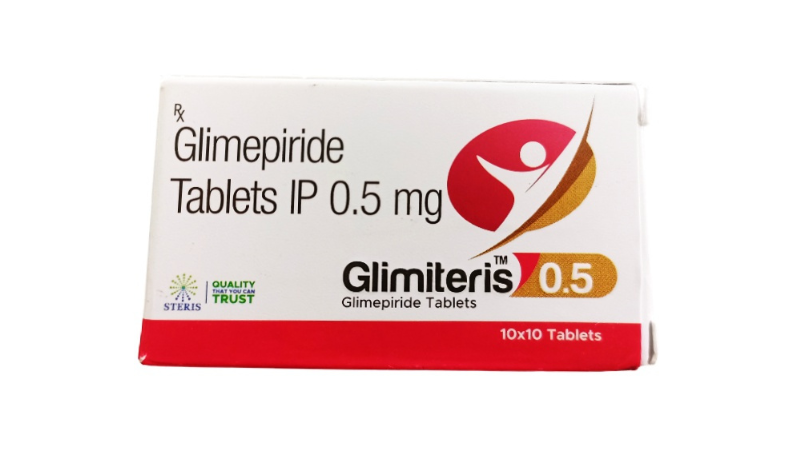
Glimepiride IP 0.5mg Tablet: Up to 30% Discount Available at Steris Healthcare.

VELAXFINE XR 75: Advanced Relief with Venlafaxine Hydrochloride 75 mg for Depression & Anxiety.

Venlafaxine 37.5mg Tablet | VELAXFINE XR 37.5 from Steris Healthcare Pvt Ltd.
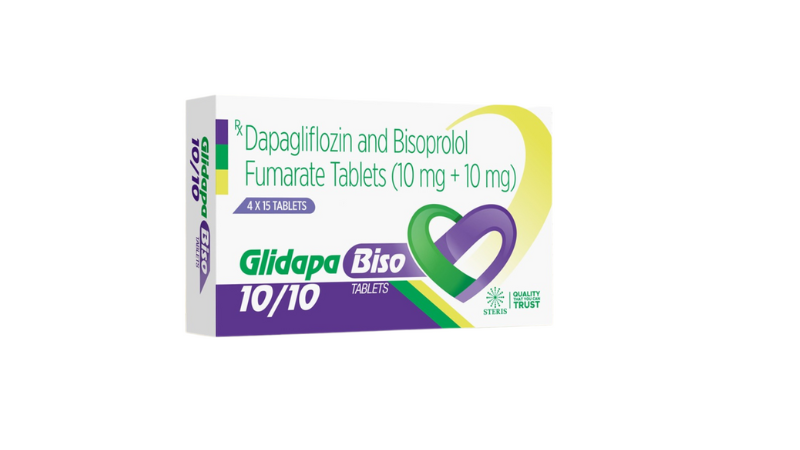
Glidapa Biso: Dapagliflozin 10mg and Bisoprolol Fumarate 10mg Tablet.
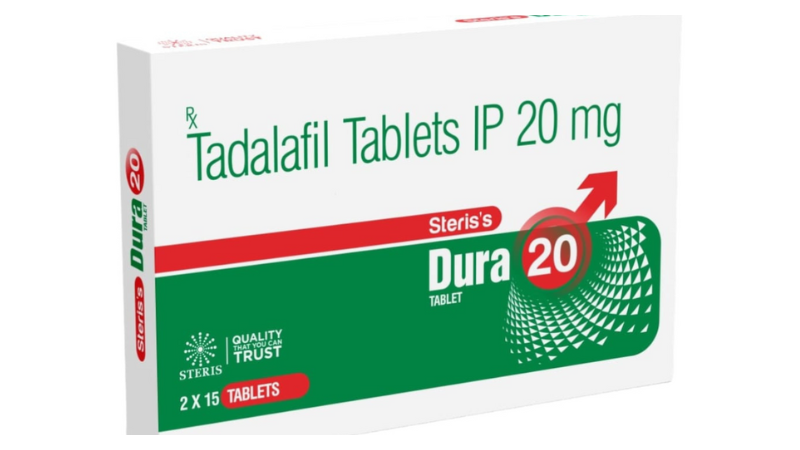
Tadalafil गोली: मिलीग्राम उपयोग, साइड इफेक्ट, and Price.

